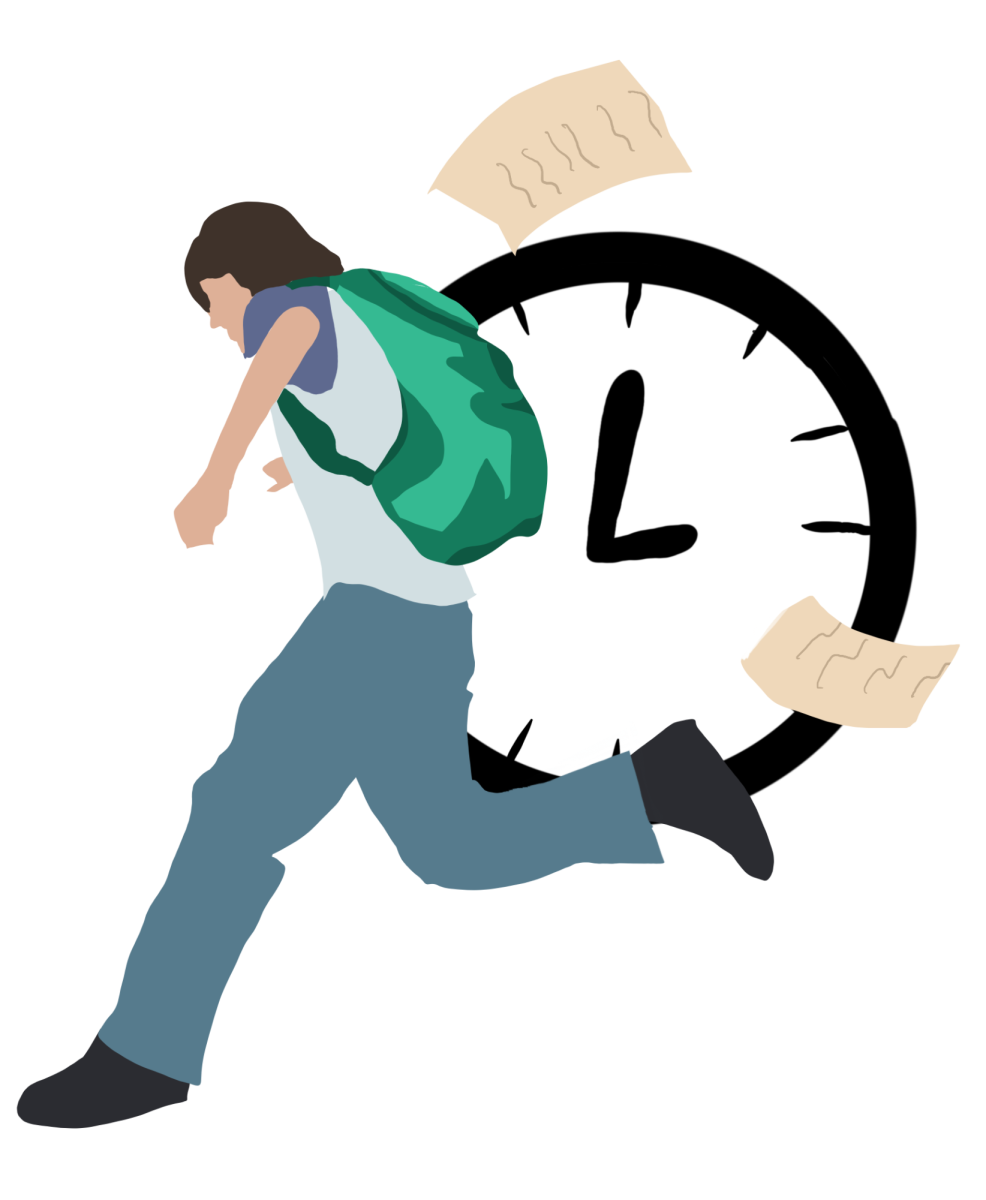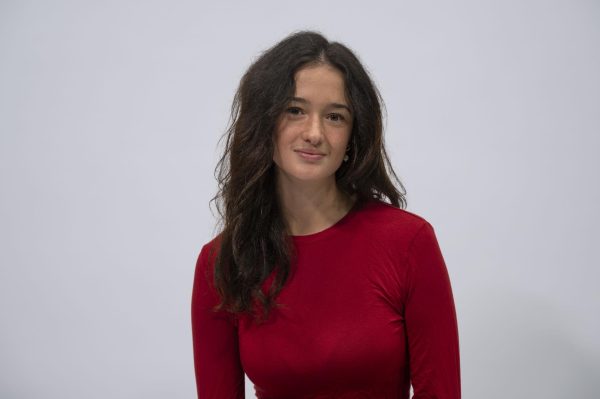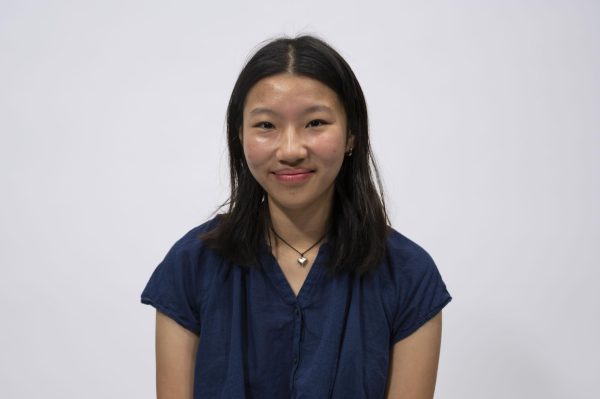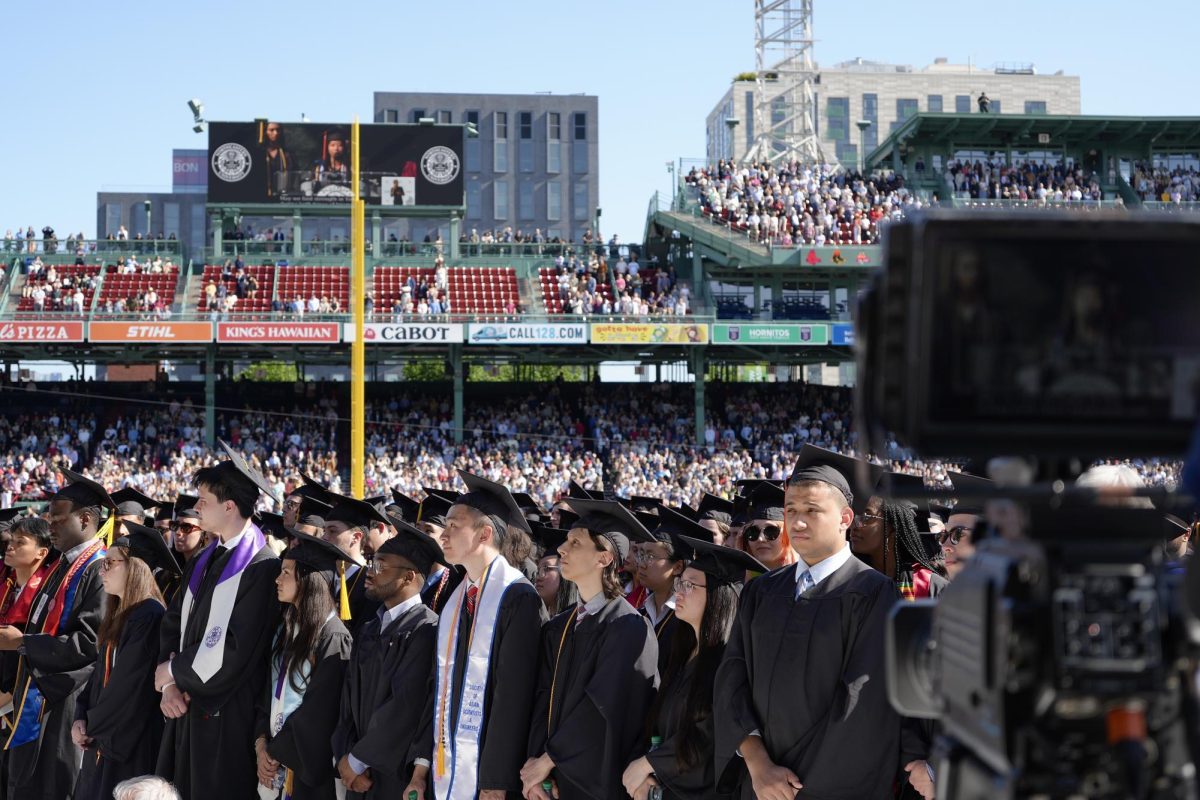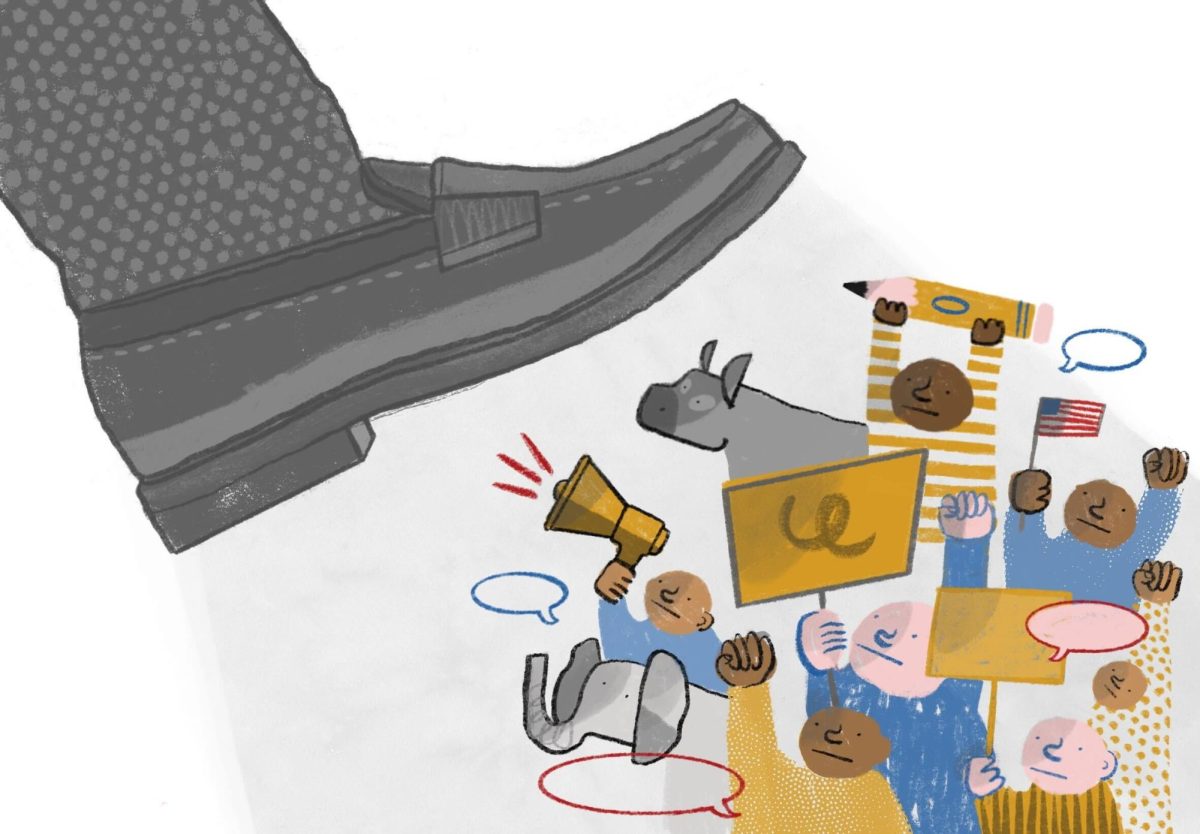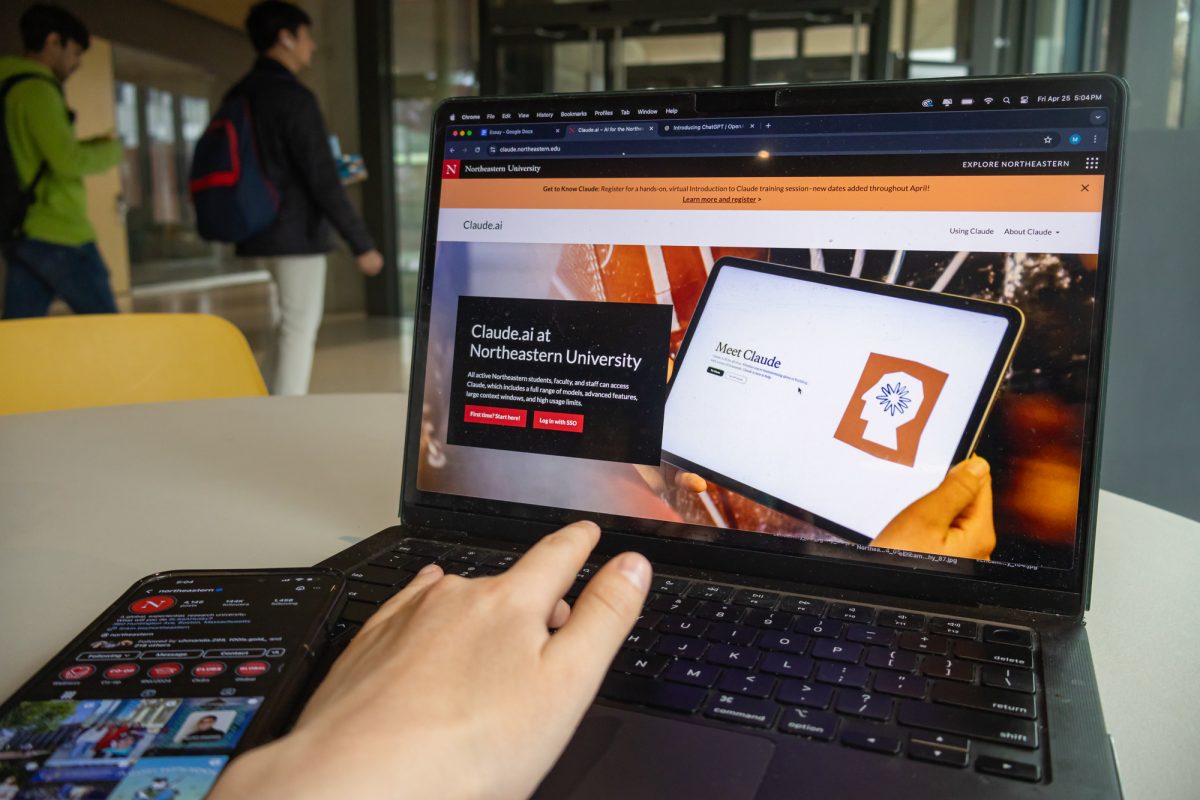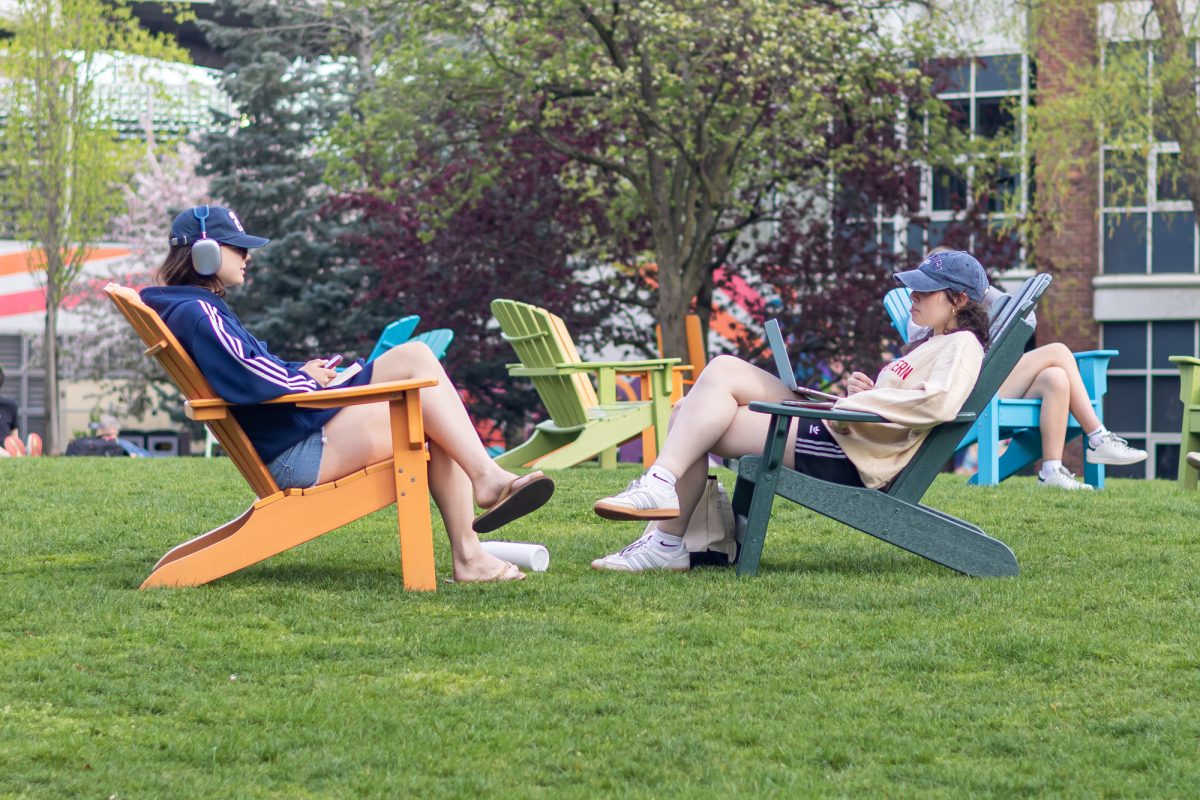On Sept. 4, the New York Times published an opinion piece titled “College Students: School is Not Your Job.” Jonathan Malesic, a writing professor at Southern Methodist University, penned the essay in the hopes of projecting the importance of leisure, free-thinking and the need to distance oneself from the pressure and robotic nature of task-based training. He argues that students are now entering college with the exclusive hope that they will be better prepared for a job and that they will have an advantage when it comes to networking. And I would say that in the majority of cases, he is not wrong. However, it is not that simple.
In his advocacy for creative expression, Malesic overlooks the ambition and financial considerations of current college students.
“Yes, a college education will help someone earn more in a career. That’s a good thing. But life is much more than work,” Malseic wrote. “I am certain that if students show an interest in questions beyond how to become better workers if they exhibit a desire to learn for its own sake, they will meet people who are just as eager for it as they are.”
But what if you cannot afford to focus on a lifestyle beyond working? This stance is not only privileged, but it facilitates the demeaning notion that students do not hold interests beyond their future careers. I argue that it is not a lack of passion and interest, but a lack of time and the ever-present fear of falling behind.
Let me apply this idea to our community. Northeastern is a pressure cooker, and yes, it is what we all signed up for, but at some point, the mental health of students has to be evaluated on an institutional level. You lose community when competition starts, and students are competing from day one. Who will get the best grades in the class? Who will get the desired research position? And who will get the best co-op? These questions dominate the academic atmosphere.
I often find myself stressed over the notion that I am falling behind my classmates. I see people holding a position in a club, or taking a certain high-level class and I feel as if I have not accomplished enough. This dynamic facilitates the idea that a win for someone else is a loss for me. Northeastern, as well as other competitive academic institutions, curate this mindset among their student bodies.
Do not get me wrong, I am thankful for the opportunity to pursue a degree and to navigate co-op opportunities. I do not critique the effectiveness of a competitive atmosphere. I critique the impact it has on its students.
I would agree with Malesic in saying that college shouldn’t be a job and that it should be used for free-thinking and exploration of interests; however, sometimes, that cannot be afforded. Financial, emotional and time restraints can burden students. This is a new age in which there are limitations on professional prospects. In a post-COVID world, the fundamental structure of the workforce is changing. With the switch to online and asynchronous work and the continuous rise of social networking practices, there is uncertainty surrounding the structure and the future work environment.
The mental strain of intense competition and the streamlining of the workforce must be considered when applying the ideology of a job to a system. Northeastern students are conditioned to be prepared for the workforce and that is significant; it is what we sign up for when we pay our tuition each semester. So, when some say that students should be using their time differently, it must be understood that time is the one thing you can never get enough of.
Lily Webber is a second-year second-year environmental and sustainability sciences and journalism combined major. She can be reached at lily.webber22@gmail.com.



